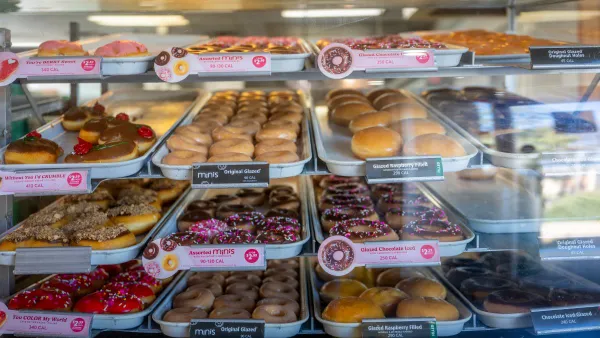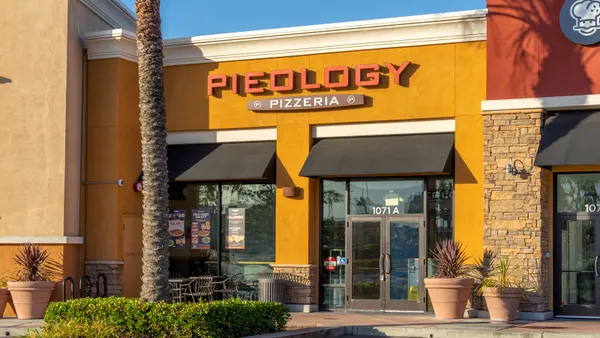Dive Brief:
- Illinois Gov. J.B. Pritzker signed a $50 million restaurant grant program into law as part of the state's fiscal year 2023 budget. The Illinois Restaurant Association will work alongside state officials to develop applicant requirements and processes, the IRA wrote in an email.
- Eligible restaurants can receive a one-time grant of up to $50,000, and award amounts will be allocated based on a business' losses "during a timeline determined by the state."
- This grant fund comes as the restaurant industry waits for the Senate to vote on The Relief for Restaurants and Other Hard Hit Small Businesses Act of 2022 (H.R. 3807), which would add $42 billion into RRF. The bill passed the House on April 7, but legislators passing the Senate may be more challenging.
Dive Insight:
More than 11,000 Illinois restaurants applied for but did not receive RRF grants when the fund closed last May, according to the IRA. As the question of a refill hangs in the balance once again, state-provided aid could provide crucial relief to local operators who are still struggling.
"It will be a challenging path ahead for all restaurants, as everyone adjusts to the new normal. This grant program has the potential to help thousands of restaurants fully emerge and stay in business long term, IRA President & CEO Sam Toia said in a statement.
The restaurant group will advocate for the grant rules to match Restaurant Revitalization Fund requirements, which also allow caterers, food trucks and brewpubs to qualify alongside eateries and taverns.
To qualify for Illinois' restaurant grants, businesses must have 50 or fewer employees; must not have received an RRF grant, a grant from Illinois' Back to Business Grant Program or the Business Interruption Grant program; or any local or state assistance of more than $10,000 in grants or forgiven loans since April 1, 2020. Applicants may have received federal Paycheck Protection Program funding.
Restaurants can put their funds toward payroll costs, paid sick leave, employer contributions to employee health care costs, payments of principal or interest on any mortgage obligation, rent payments, utilities, maintenance and operational costs.
"While RRF replenishment faces an uncertain path in the Senate, we are appreciative of the strong support of Senators Durbin and Duckworth," Toia said. "We need bipartisan action from Senate leaders to complete the mission of RRF and help save independent restaurants nationwide."
If the Senate doesn't pass H.R. 3807, there is still a chance the fund will be refilled. Sen. Benjamin Cardin (D-MD) introduced similar legislation (S.4008) earlier this month that would inject $40 billion into the fund, and would mandate stricter auditing requirements for restaurant grants to avoid fraud.












